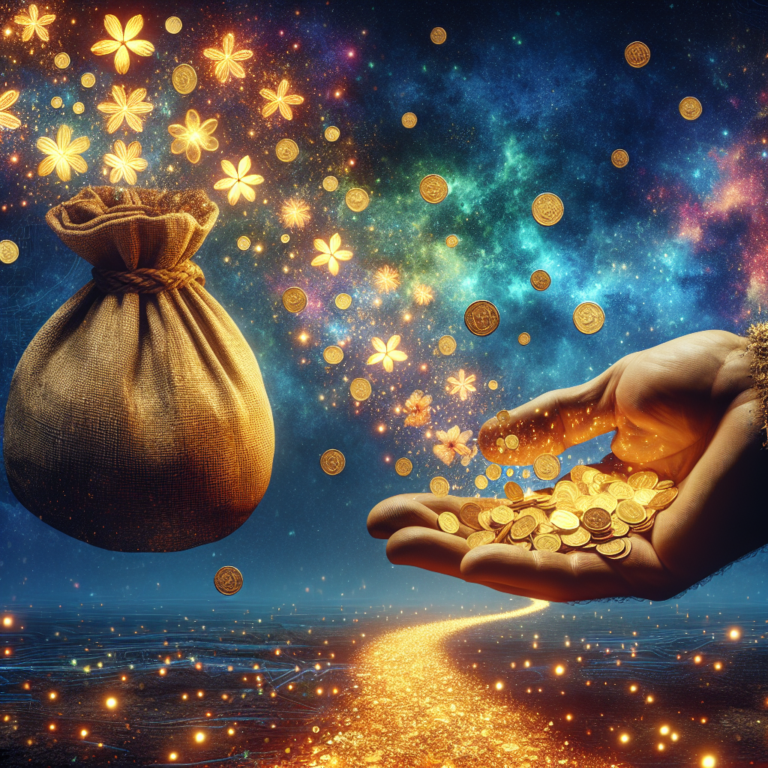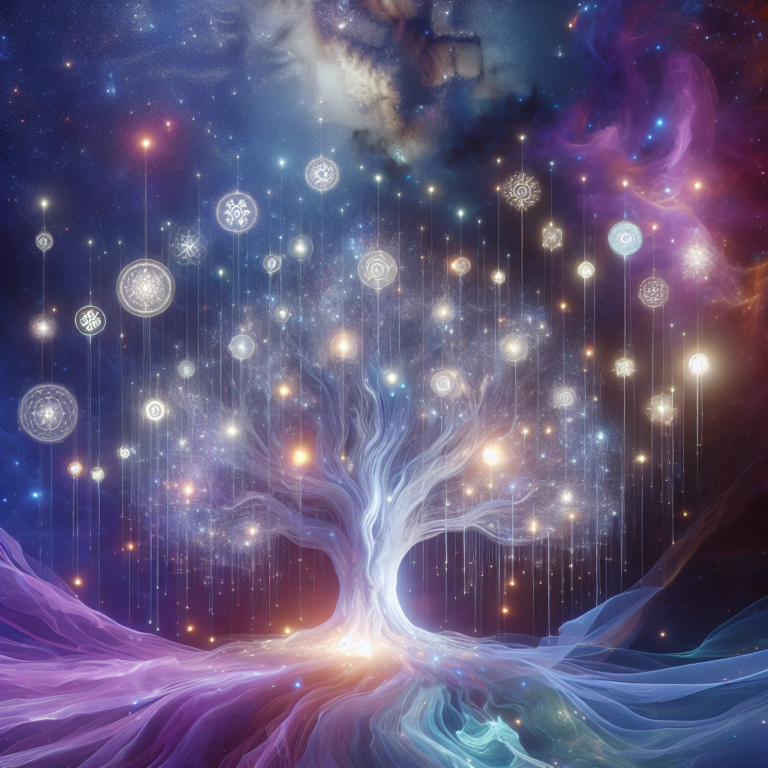Karma is a timeless concept that finds its roots in ancient Indian philosophy. It relates to the idea that our actions have consequences, and this principle can sometimes manifest in ways that seem almost mystical. Among these manifestations is the phenomenon of "instant karma" — that exhilarating moment when the universe appears to intervene and deliver swift justice.
As human beings, we often find ourselves at the crossroads of right and wrong. We witness acts of kindness and cruelty around us daily. However, when those who engage in deceitful, harmful, or unfair behavior receive their comeuppance in record time, it sparks a sense of cosmic balance that resonates with many. Instant karma serves not only as a form of justice but also as a reminder of the ethical landscape we navigate every day.
Understanding Karma
Before diving into the nuances of instant karma, it’s essential to understand the broader concept of karma itself. In essence, karma refers to the idea that every action, thought, or intention generates a force that will eventually return to the individual, impacting their future experiences. This principle underlines the importance of personal responsibility for one’s actions and encourages individuals to act wisely and with compassion.
While traditional karma may take time to manifest, instant karma operates at light speed. It’s characterized by events where a person gets a taste of their own medicine almost immediately after committing an undesirable act. Unlike conventional karma, which could take lifetimes to unravel, instant karma tends to deliver swift judgments that leave observers marveling at the synchronicity of the universe.
The Phenomenon of Instant Karma
Instant karma often occurs in seemingly mundane situations, yet the results can be profoundly satisfying and profoundly ironic. Consider the following scenarios that illustrate the power of instant karma in a relatable manner:
The Litterbug’s Regret: A person carelessly tosses a soda can out of their car window, only to have the can ricochet off the pavement and strike their own vehicle’s window. This swift retribution not only serves as an immediate reminder of their irresponsible behavior but emphasizes the interconnectedness of our actions.
The Liar’s Downfall: An employee tells a lie to escape accountability at work. Minutes later, they accidentally expose themselves through a series of unfortunate events, unraveling their deceit in a matter of moments. The workplace gossip spreads quickly, and they are left facing the consequences virtually immediately.
The Bully Gets Burned: A bully mocks a classmate for a mistake during a presentation, only to trip and fall on their own way back to their seat. The laughter follows swiftly, highlighting the humorous twist of fate and evoking empathy in observers.
- The Parking Space Thief: An individual thinks they can cheat the system by snatching a parking spot intended for a person in need. Just as they pull in, the original owner arrives, and, instead of confronting them, the rightful owner shoots a knowing glance and heads into the store for a shopping spree. Moments later, an irate parking attendant rolls up, issuing a hefty fine as karma takes its course.
These instances of instant karma remind us that the universe has a funny way of balancing the scales. Such occurrences often leave onlookers chuckling while simultaneously reinforcing the lesson that wrongdoing can lead to immediate consequences.
The Impact of Instant Karma
The allure of instant karma extends beyond mere amusement. It serves several significant psychological and philosophical roles in our lives:
Reinforcement of Morality: Observing instant karma can reinforce moral behavior by showing individuals that unethical actions can lead to unanticipated and swift consequences. This reinforcement can inspire others to act more responsibly and kindly towards others.
The Joy of Justice: For many, witnessing or experiencing instant karma is fundamentally satisfying. It reinforces the belief in justice and fairness in a world that often feels chaotic and unjust.
Increased Empathy: When instant karma is witnessed, it creates a shared experience of accountability. This can foster empathy among observers, reminding them that everyone is human and susceptible to making mistakes.
- Encouraging Reflection: Instant karma can serve as a powerful catalyst for self-reflection. When people witness or experience this phenomenon, it may lead them to contemplate their own actions and consider the potential impacts on those around them.
The Cultural Impact of Instant Karma
The narratives of instant karma are not confined to a single culture or societal framework; instead, they appear across various forms of storytelling. From folklore and fables to social media anecdotes, instant karma has become a shared experience that transcends borders. Such tales resonate with the fundamental human values of justice and accountability, making them relatable and reinforcing the collective consciousness of fairness.
Conclusion
In a world filled with uncertainty and injustice, the concept of instant karma offers a refreshing perspective. It serves as a reminder that our actions are interconnected and that, in some cases, the universe plays the role of a vigilant guardian, ensuring that balance is restored. Whether you believe in karma or not, witnessing instant karma can evoke a sense of hope and reaffirm the importance of ethical conduct.
FAQs
1. What is the difference between karma and instant karma?
Karma refers to the broader principle that every action has consequences, which may take time to manifest. Instant karma, however, describes situations where negative actions receive quick repercussions.
2. Does instant karma always occur?
While instant karma can sometimes be observed, it doesn’t always happen. The timing and nature of karma can vary significantly based on circumstances.
3. Can I influence the karma I receive?
Yes! Your actions, thoughts, and intentions shape your karma. Engaging in positive behavior and treating others with respect can lead to favorable outcomes in your own life.
4. Is instant karma always a negative occurrence?
Not necessarily. Instant karma can also manifest through good deeds, leading to immediate positive outcomes or rewards for kind actions.
5. How can I cultivate positive karma?
You can cultivate positive karma by being mindful of your actions, practicing kindness, and seeking to treat others as you wish to be treated. This creates a cycle of positive energy in your life and the lives of others.
Of course! What would you like a prompt for? It could be for creative writing, brainstorming ideas, art, or anything else you have in mind. Let me know how I can help!, #Instant #Karma #Universe #Delivers #Swift #Justice, #Instant #Karma #Universe #Delivers #Swift #Justice, 1736404820, instant-karma-when-the-universe-delivers-swift-justice





